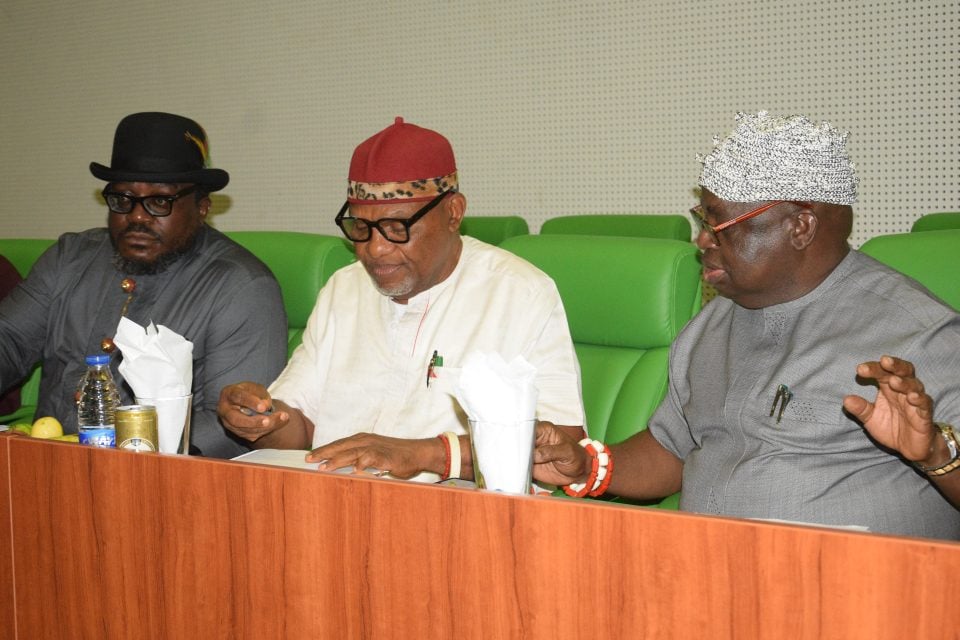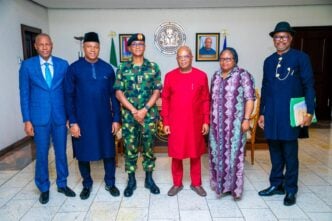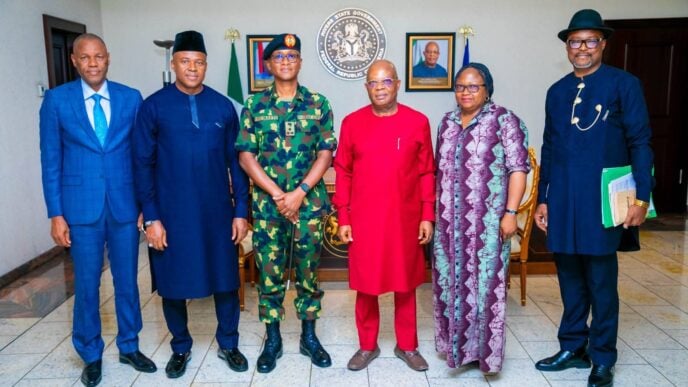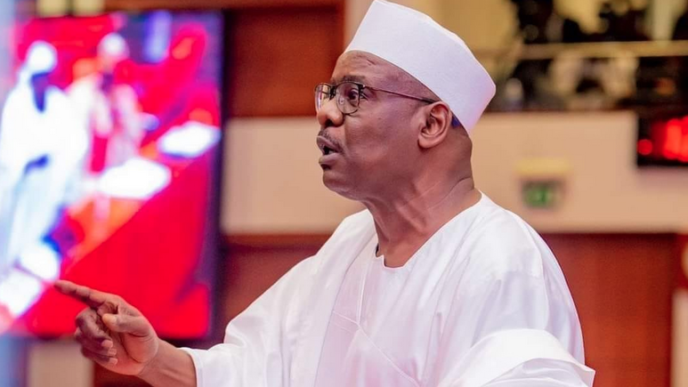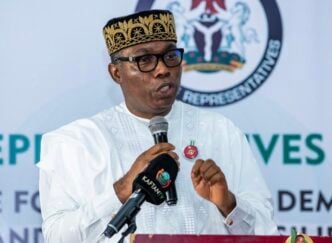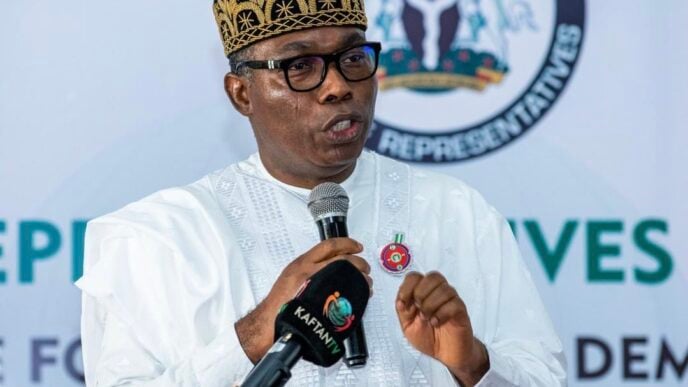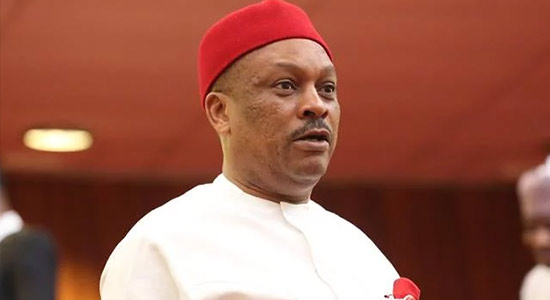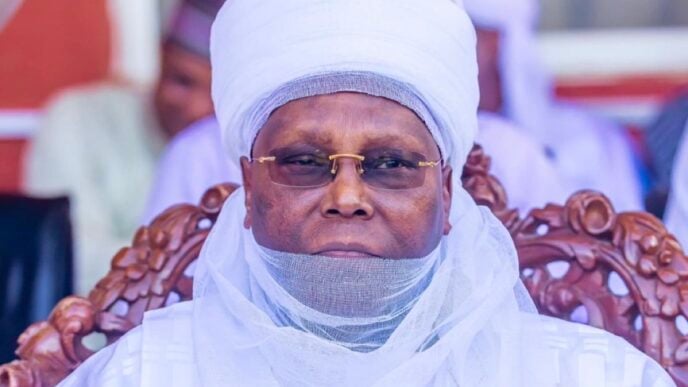A house of representatives committee says the Federal College of Complementary and Alternative Medicine, Abuja, is receiving funding 15 years after its closure.
Alex Egbona, chairman of the house committee on specialty healthcare, spoke on Tuesday during an investigative hearing in Abuja.
He said the college, established in 2008 by the federal government as a parastatal of the ministry of health, was closed in 2010 by the National Universities Commission (NUC) for running programmes without approval.
Egbona said the college has, however, continued taking budgetary allocations for 15 years, amounting to “hundreds of millions” in Naira.
Advertisement
“The committee is in receipt of petitions on allegations of unauthorised disbursement of funds and financial impropriety by ministry officials and management of the college over the years,” Egbona said.
“Several years after academic activities of the college were shut down and its management suspended, the college has continued receiving annual budgetary provisions and allocations, expending capital and recurrent funds.”
The committee invited Adekunle Salako, minister of state for health and social welfare, to give clarity on the state of affairs of the college relating to the release of funds and closure of its academic activities.
Advertisement
Tajudeen Abbas, speaker of the house, said it is alarming that despite its closure, the institution has consistently received annual allocations, both capital and recurrent.
Represented by Ibrahim Halims, the deputy majority leader, Abbas said the house “received numerous petitions indicating sustained financial irregularities over 16 years”.
“The allegations range from unauthorised fund disbursement to possible systemic mismanagement by officials linked to both the ministry and the college,” Abbas said.
“These are not matters to be taken lightly. Institutions designed to serve the public good must not become vessels for administrative opacity or financial recklessness.”
Advertisement
Abbas asked the committee to recommend sanctions after the investigative hearing.
